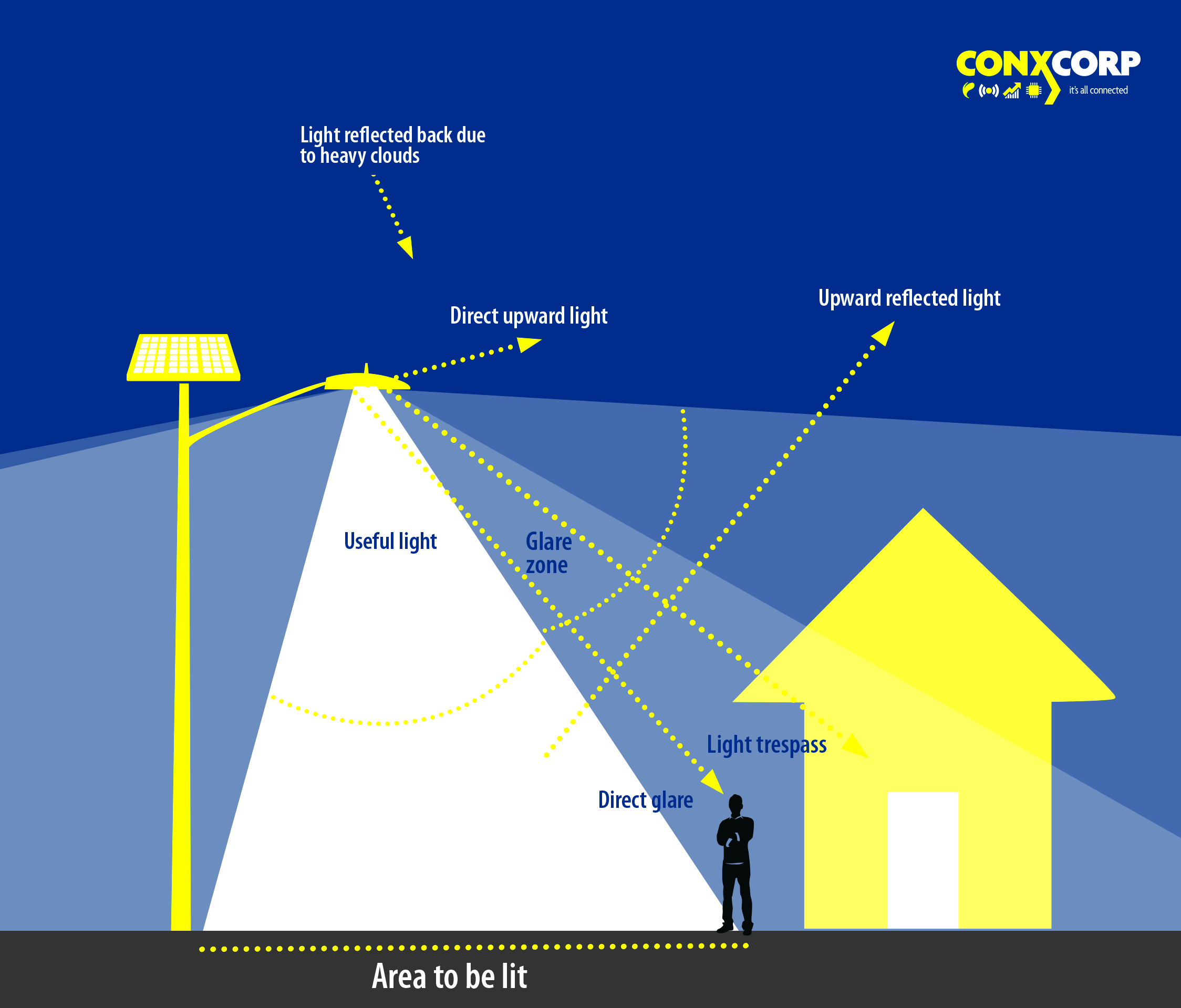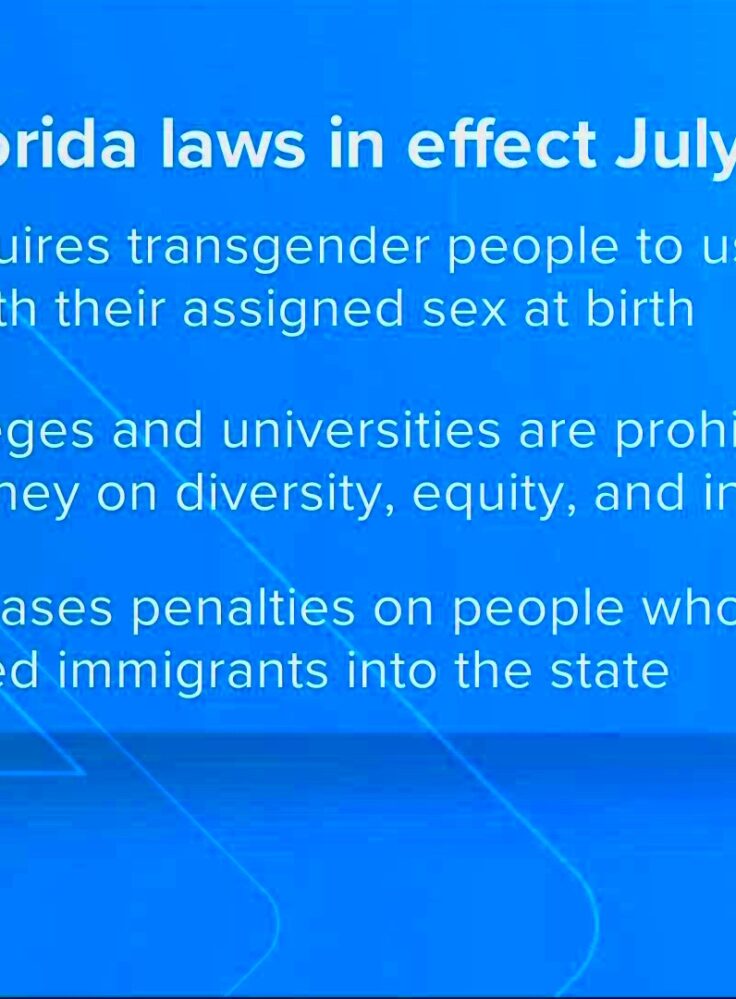Key Provisions of Florida Light Trespass Laws
Florida’s light trespass laws are designed to address issues related to artificial lighting that spills over onto neighboring properties. These laws are essential for maintaining the quality of life and protecting property rights. Understanding these laws can help property owners avoid disputes and ensure their rights are respected. In this post, we will explore the key aspects of light trespass, the legal framework surrounding it, and what you need to know if you’re affected by this issue.
Definition of Light Trespass

Light trespass occurs when artificial light from one property spills over onto another property in an unwanted manner. It can disrupt the natural darkness of a space, causing inconvenience and potential harm to neighbors. Here are some key points to consider:
- Unwanted Illumination: Light trespass refers specifically to light that affects another property without permission.
- Types of Light: This can include streetlights, outdoor floodlights, or even bright indoor lighting that shines through windows.
- Impacts: It may interfere with sleep, privacy, and the enjoyment of outdoor spaces.
Legal Framework for Light Trespass in Florida
The legal framework for light trespass in Florida consists of various statutes and local ordinances that govern property rights and land use. These laws aim to balance the interests of property owners while protecting individual rights. Here are some critical components:
- State Laws: Florida has specific regulations addressing light pollution and its impacts.
- Local Ordinances: Many cities and counties have enacted their own ordinances to manage light trespass, often with different standards and regulations.
- Enforcement: Property owners affected by light trespass can file complaints with local authorities, and potential remedies may include adjustments to lighting or even fines for violators.
Understanding the legal landscape is crucial for anyone dealing with light trespass issues, whether as a complainant or a property owner.
Key Provisions of the Laws
Florida’s light trespass laws include several key provisions that aim to protect property owners from unwanted artificial light. Understanding these provisions is essential for anyone navigating potential light trespass issues. Here are some of the important aspects:
- Definition of Light Trespass: The law clearly defines what constitutes light trespass, focusing on unwanted illumination that affects neighboring properties.
- Measurement Standards: Many laws specify how light levels should be measured, often using units like foot-candles or lux to quantify the amount of light spilling onto another property.
- Permitted Levels of Light: Local ordinances typically outline the maximum permissible light levels for different areas, such as residential, commercial, and industrial zones.
- Enforcement Mechanisms: These laws provide for various enforcement methods, allowing affected property owners to report violations and seek remedies.
- Adjustment Requirements: If a property owner is found to be in violation, they may be required to modify their lighting to comply with the law.
These provisions help maintain a balance between adequate lighting for safety and security while respecting the rights of neighboring property owners.
Examples of Light Trespass Cases
Real-world cases of light trespass can illustrate the impact of these laws and how they function in practice. Here are a few examples:
- Residential Disputes: A homeowner may complain about a neighbor’s bright floodlights that shine directly into their bedroom, disrupting sleep.
- Commercial Properties: A business might install outdoor lighting that spills over into a nearby residential area, causing complaints from residents about excessive brightness.
- Municipal Projects: Streetlights that are too bright or improperly directed can create light trespass issues, prompting local residents to seek changes from the city.
These examples demonstrate how light trespass can affect various property owners and highlight the importance of adhering to local laws.
Impacts of Light Trespass on Property Owners
Light trespass can have significant impacts on property owners, affecting their quality of life and property values. Here are some key effects:
- Disrupted Sleep: Excessive light can interfere with natural sleep patterns, leading to health issues and decreased well-being.
- Loss of Privacy: Bright lights from neighboring properties can invade personal spaces, making it difficult for residents to enjoy their homes.
- Decreased Property Value: Properties affected by light trespass may experience a drop in value, as potential buyers may be deterred by the disruption.
- Legal Costs: Property owners may incur legal fees if they decide to pursue action against a neighbor for light trespass.
- Community Tensions: Ongoing disputes over light trespass can lead to strained relationships between neighbors, impacting community harmony.
Recognizing these impacts is crucial for both property owners and lawmakers, as it underscores the need for effective light management strategies.
How to Address Light Trespass Issues
Dealing with light trespass can be frustrating, but there are several steps property owners can take to address the issue effectively. If you find yourself in a situation where unwanted light is affecting your property, here’s a straightforward approach:
- Communicate with Neighbors: Start by having an open conversation with your neighbor about the light sources causing the issue. Sometimes, they may not be aware of the problem.
- Document the Issue: Keep a record of instances of light trespass. Take photos and note the times when the light is most disruptive.
- Review Local Ordinances: Familiarize yourself with local light trespass laws and regulations. Knowing your rights will empower you in discussions or any potential legal action.
- Propose Solutions: Suggest practical solutions to your neighbor, such as adjusting the angle of lights or using fixtures that minimize spillover.
- File a Complaint: If communication fails, consider filing a formal complaint with local authorities. They may conduct an investigation and require your neighbor to modify their lighting.
Addressing light trespass issues is often about open communication and finding a compromise that works for everyone involved.
Future Trends in Light Trespass Legislation
As society becomes more aware of the impacts of light pollution, future trends in light trespass legislation are likely to evolve. Here’s what we can expect:
- Stricter Regulations: Many areas may introduce stricter regulations governing outdoor lighting to better manage light trespass and its effects.
- Increased Public Awareness: Awareness campaigns may help educate the public about the importance of responsible lighting, encouraging voluntary compliance with light regulations.
- Advancements in Technology: New lighting technologies, such as smart lighting and motion sensors, may reduce the incidence of light trespass by allowing for more controlled illumination.
- Community Initiatives: Local governments may implement initiatives to promote dark sky practices, fostering collaboration among residents to minimize light pollution.
These trends reflect a growing commitment to balancing safety and security with the need for a peaceful living environment.
FAQ about Florida Light Trespass Laws
If you’re curious about light trespass laws in Florida, here are some frequently asked questions that might help clarify common concerns:
- What is the definition of light trespass? Light trespass is when artificial light from one property spills over onto another property in an unwanted manner.
- How can I measure light trespass? Light levels can be measured in foot-candles or lux, which quantify the intensity of light on your property.
- What should I do if I’m affected by light trespass? Start by talking to your neighbor. If that doesn’t work, consider documenting the issue and reviewing local laws to know your rights.
- Can I file a complaint? Yes, if informal discussions fail, you can file a complaint with local authorities regarding light trespass.
- Are there penalties for violating light trespass laws? Yes, property owners found in violation of local light trespass laws may face fines or be required to adjust their lighting.
Understanding these common questions can help property owners navigate light trespass issues more effectively.
Conclusion on Key Provisions of Florida Light Trespass Laws
Florida’s light trespass laws are crucial for maintaining the rights of property owners while balancing the need for safety and security. By understanding the key provisions of these laws, property owners can navigate potential disputes more effectively. Here are some takeaways:
- Clear Definitions: The laws provide clear definitions of what constitutes light trespass, which helps property owners identify issues.
- Local Variations: Different cities may have unique ordinances, so it’s important to be aware of local regulations.
- Measuring Light Levels: Understanding how to measure light levels is essential for proving a case of light trespass.
- Importance of Communication: Open dialogue with neighbors can often resolve issues before they escalate to legal disputes.
- Future Considerations: As awareness of light pollution grows, we can expect future legislation to become more stringent, promoting responsible lighting practices.
By being informed about light trespass laws and advocating for responsible lighting, property owners can enhance their living environments while respecting the rights of others.


